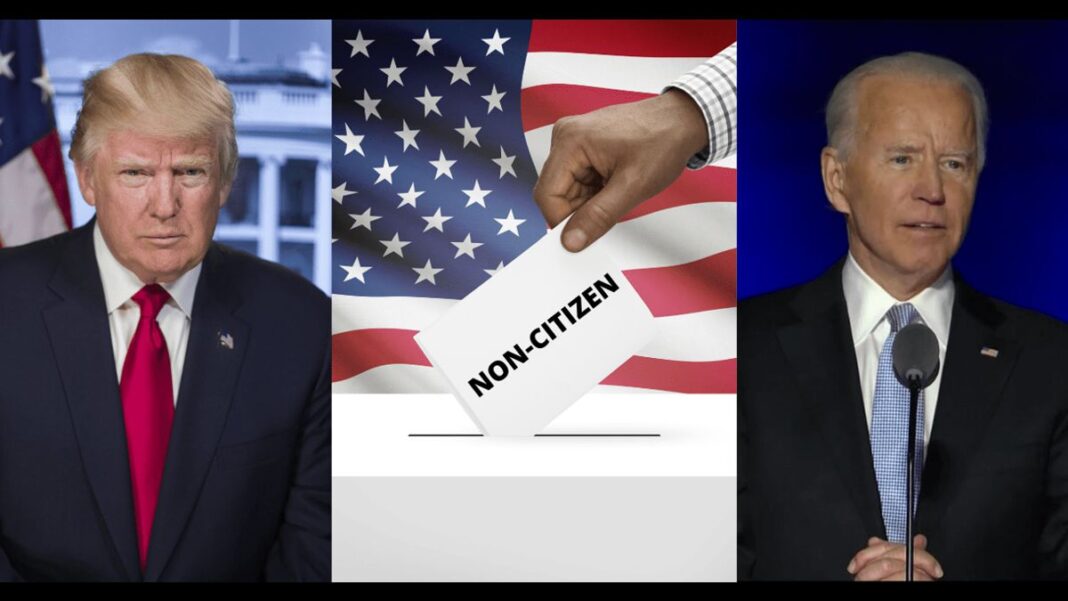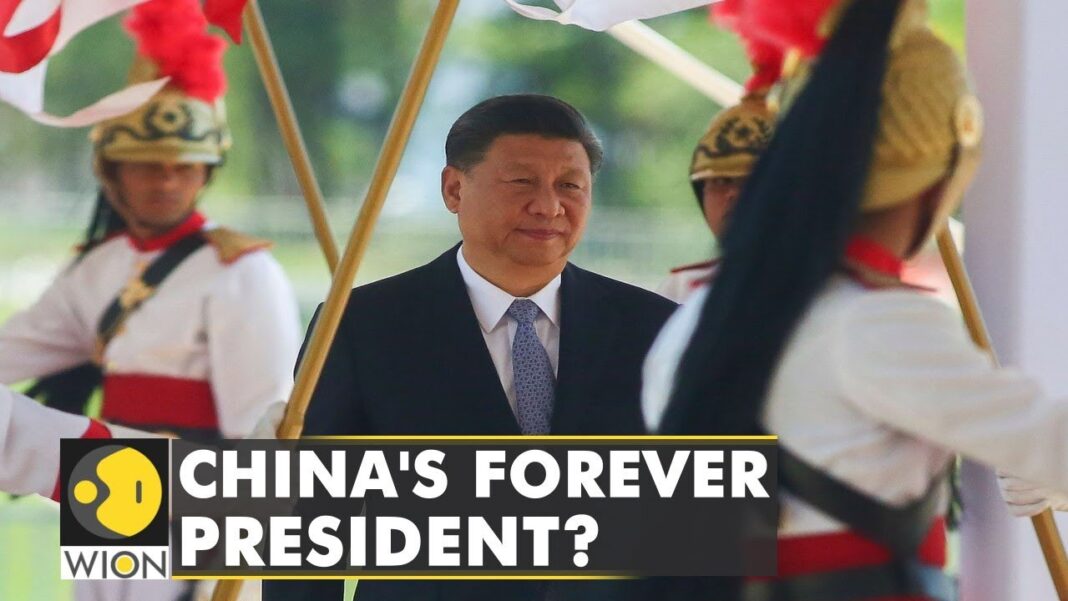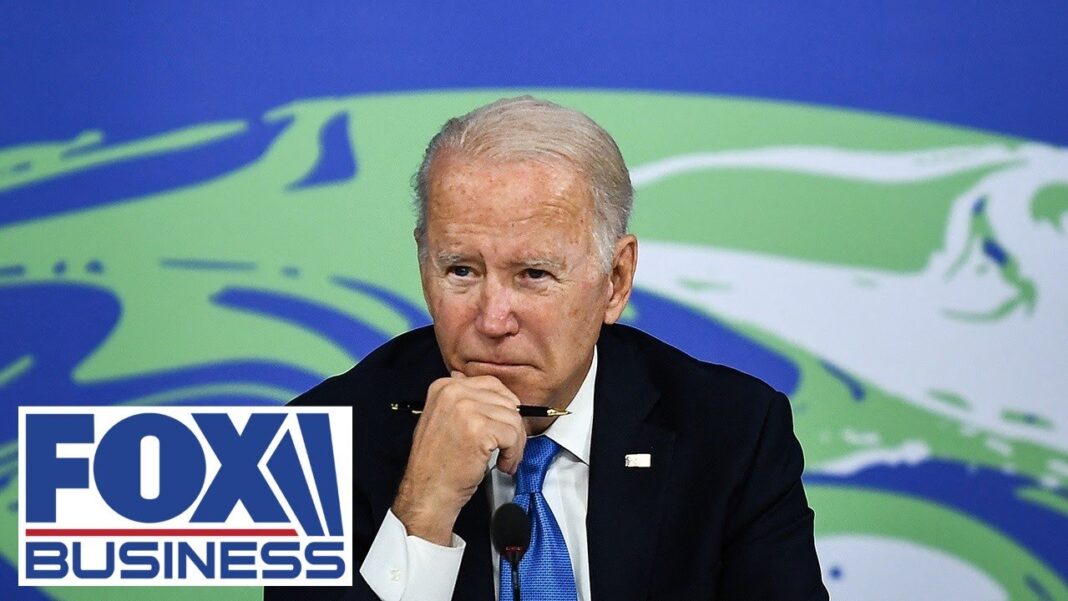‘Progressive billionaires and their nonprofits are encouraging people that are abroad and home to vote, regardless of citizenship,’ said Attorney Erick Kaardal.
Wisconsin state Rep. Janel Brandtjen was shocked to find three military ballots in her home mailbox on Oct. 27, 2022.
The ballots were addressed to “Holly” with three different last names. None of these individuals have ever lived at her address. Ms. Brandtjen had not requested the ballots and after checking into it further, she realized these three “Hollys” probably don’t exist.
“I believe someone was trying to point out how easy it is to get military ballots in Wisconsin. Registration for military ballots is not required, so a fictitious name and birthdate is all that is required to obtain a military ballot online,” Ms. Brandtjen said in a statement last year. “It demonstrates stolen valor from those who protect this nation.”
Ron Heuer, president of the Wisconsin Voter Alliance, an election integrity watchdog group, was disturbed when he heard about this incident and wondered how many more questionable ballots were out there.
After an investigation, Wisconsin Voter Alliance, Mr. Heuer, and alliance member Ken Brown joined as plaintiffs and filed a complaint on Oct. 2 against the Wisconsin Elections Commission (WEC), alleging its policy not to verify the identity and eligibility of all overseas absentee voters violates federal election law.
Two Important Acts
The Uniformed and Overseas Citizens Absentee Voting Act (UOCAVA), passed by Congress in 1986, allows absentee voting by members of the U.S. military and Merchant Marine; their family members; and U.S. citizens residing outside the United States. This includes people who have never lived in the United States and never intend to. People born outside the Unites States to U.S. citizens are themselves considered U.S. citizens and may vote in U.S. elections in some states.
The Help America Vote Act of 2002 (HAVA) established minimum standards for the administration of federal elections including the requirement for verification of identity and eligibility for individuals who seek to vote in a federal election. Many states exceed the low minimum verification requirements set by HAVA, but no state can legally implement a lesser standard.
By Beth Brelje







